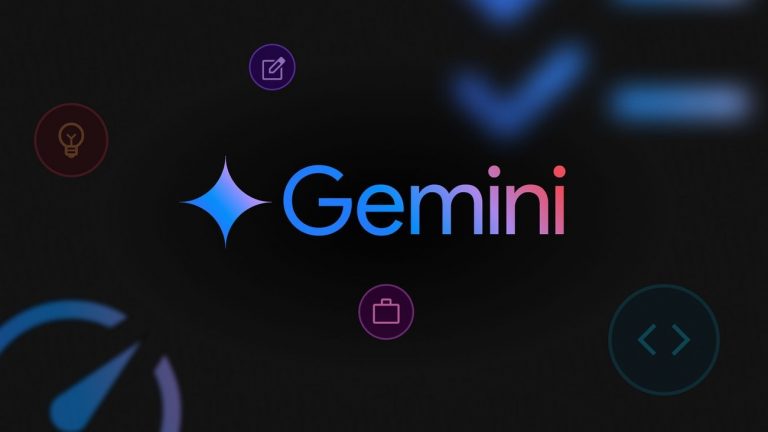
Google, a name synonymous with web searches, is embarking on a transformative journey that could change the way we navigate the internet. The tech giant has announced an expansion of its AI search capabilities through its new model, Gemini 2.0, which could soon make traditional search results a thing of the past.
Instead of the familiar 10 blue links, users might find themselves interacting with an AI-driven interface, aptly named AI Mode.
What Is AI Mode?
AI Mode is a radical new search experience where Google’s AI, powered by Gemini 2.0, takes full control of the search results. Unlike traditional search which presents a list of links to explore, AI Mode generates an answer directly on the search page using advanced reasoning, thinking, and multimodal capabilities. The response may include web summaries, Knowledge Graph content, and shopping data, presented as a more complex version of the existing AI Overviews.
Register for Tekedia Mini-MBA edition 19 (Feb 9 – May 2, 2026).
Register for Tekedia AI in Business Masterclass.
Join Tekedia Capital Syndicate and co-invest in great global startups.
Register for Tekedia AI Lab.
In AI Mode, the search process becomes more conversational, allowing users to ask follow-up questions or refine their queries without ever needing to click through to external websites. While this might sound like a faster way to find answers, it also underlines a shift in how Google might control the flow of information online.
Gemini 2.0: A New AI Powerhouse
Google introduced the first Gemini 2.0 models, including a streamlined version called Gemini 2.0 Flash, in December 2024. The full-featured versions of Gemini 2.0 are still under testing, but early versions are already enhancing AI Overviews with improved performance in math, coding, and handling multimodal queries.
The new AI Overviews will soon be visible to all users, including minors and those not logged into Google accounts. This expansion broadens the reach of AI-driven responses, integrating them more deeply into everyday searches.
The End of Traditional Search?
Google insists that traditional web search is not going away, emphasizing that helping users discover online content remains a core part of its mission. The AI Mode will still offer links and citations within its responses, mimicking the style of current AI Overviews. However, unlike today’s experience where users can scroll down to see traditional links, AI Mode will not display these organic search results unless the AI is unable to generate a satisfactory answer.
In such cases, the system will revert to showing traditional links. However, this fallback approach highlights the experimental nature of AI Mode, which Google admits is not yet ready for mainstream use.
For now, AI Mode is only accessible to Google One AI Premium subscribers, who pay $20 per month for priority access to Google’s latest AI tools. The subscription model could be a sign of how resource-intensive generating these AI-driven search pages is, even for a company of Google’s scale.
The feature is currently in Google’s Search Labs, where users can join a waitlist to test AI Mode. Feedback from this public testing phase will help Google refine the tool before a broader rollout.
The introduction of AI Mode is part of Google’s larger strategy to harness generative AI technology in everyday tools. However, as with any emerging technology, there are risks. Generative AI systems like Gemini 2.0 are not immune to inaccuracies, and Google acknowledges that the AI might occasionally take on a persona or form an opinion, resembling a chatbot. This could blur the line between providing information and offering subjective responses, potentially raising concerns about bias and misinformation.
The Challenges of Trust, Accuracy, and Market Reception
Despite its potential, AI Mode introduces new challenges for Google. A key issue is trust—can users rely on AI-generated answers to be accurate and unbiased? This is especially critical as AI Mode might not show traditional web links, limiting the user’s ability to cross-check information.
Another challenge lies in maintaining Google’s primary role as a gateway to the broader internet. Google risks keeping users within its ecosystem rather than directing traffic to external websites, by presenting AI-generated summaries. This could draw criticism from publishers and regulatory scrutiny, particularly in markets like Europe, where antitrust laws are stringent.
Google’s track record of pushing experimental features to wider audiences suggests that AI Mode might not remain an optional feature for long. The company’s steady rollout of AI Overviews, even without universal enthusiasm, indicates a strong commitment to this AI-first approach. If AI Mode proves successful, it could redefine how we interact with the internet—whether we like it or not.
While the new AI Mode could improve search efficiency, the broader implications for internet transparency, user choice, and the open web are still unfolding.



